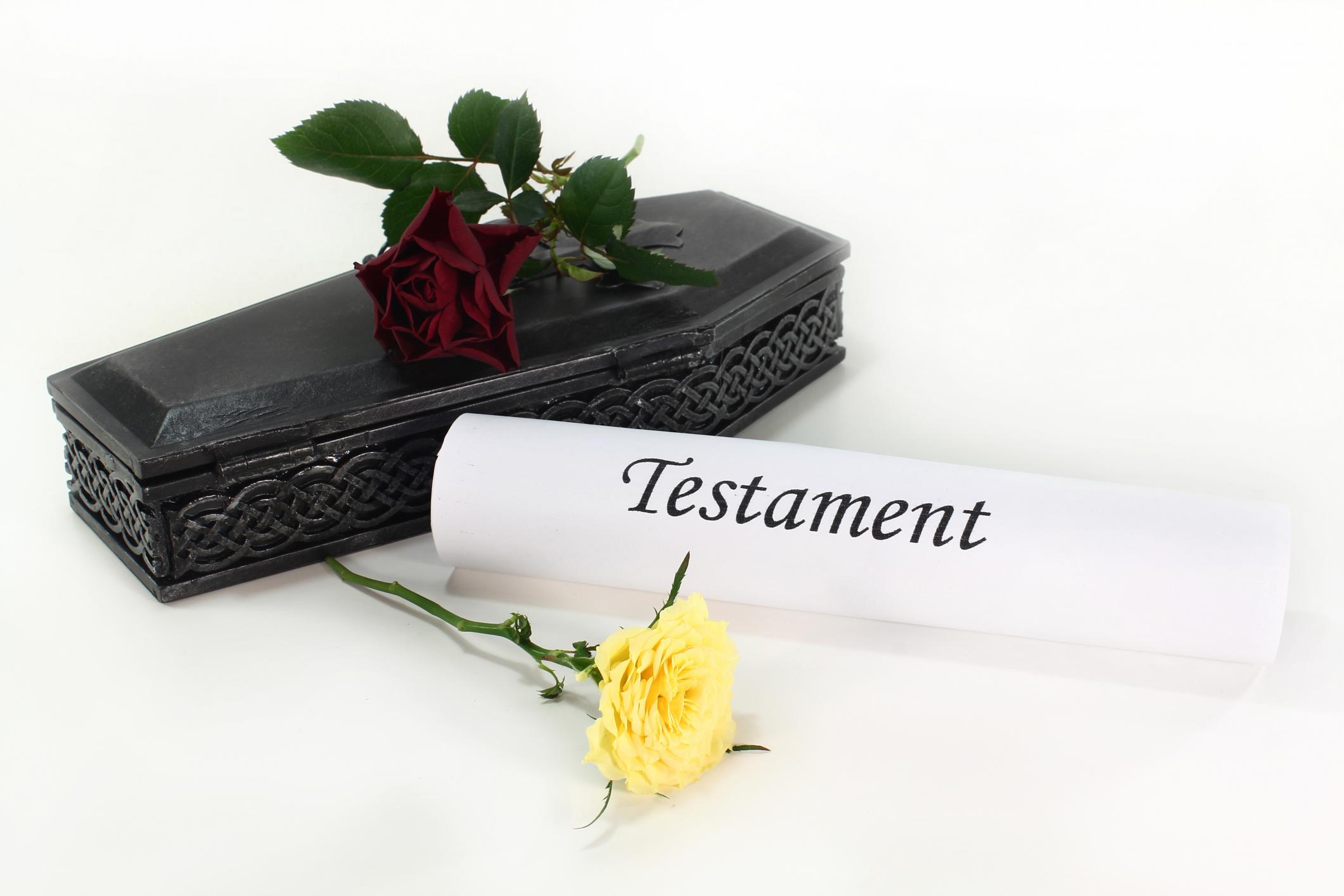Benefits of a Discretionary Trust

Discretionary trusts are flexible estate planning tools that can offer you many advantages, some of which include:
1. Revocable. Because the needs of family members may change over time, a discretionary trust normally allows you to modify trust provisions or change the beneficiaries.
2. Private. A discretionary trust may avoid or reduce the costs and delays of Probate – which is the Court process that oversees the administration of your estate. Because a discretionary trust is not subject to public scrutiny, your beneficiaries and the specific amounts or percentages they receive remain confidential.
3. Continuous. Assets put in a discretionary trust stay under the control of the trustee, until you choose differently. When the trust is established, you can name a successor trustee who will carry on financial responsibilities in the event of your incapacity or death.
4. Flexible. You may add other assets to the trust during your life. The discretionary trust can be especially useful if you own real estate in another state by eliminating the need to have a separate probate proceeding in the other state.
Details











